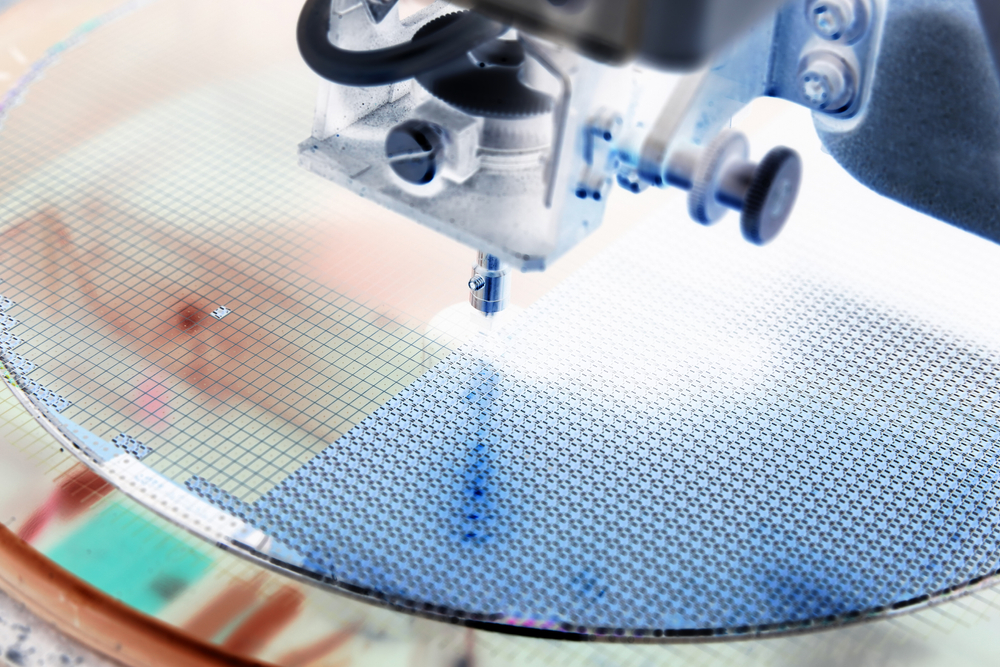Japan readies ambitious $65 billion plan to revive homegrown semiconductor manufacturing — Expects economic return of over $1 trillion
The plan is set to be approved by the cabinet on November 22.

Get Tom's Hardware's best news and in-depth reviews, straight to your inbox.
You are now subscribed
Your newsletter sign-up was successful
Japanese Prime Minister Shigeru Ishiba has revealed a massive $65 billion plan to revitalize the chip industry in Japan, reports Reuters. The plan involves subsidies and other financial incentives for local chip production and is set to arrive by 2030. This is a part of Japan's longstanding efforts to rise among the ranks of the semiconductor world, hoping to revisit its glory days in the 1980s and 90s.
Based on the draft, the grants are primarily for Rapidus and other AI chip manufacturers - whose names have not been mentioned. Rapidus was formed in 2022 owing to a landmark agreement between the Japanese government and eight multinational firms - all in an attempt to produce bleeding-edge chips in Japan. The foundry plans to mass-produce 2nm chips by 2027 which sets the bar pretty high.
The Prime Minister reaffirmed that the grants would not be funded through deficit-covering bonds but did not clarify the exact details. In any case, the plan is expected to be approved by the cabinet on November 22. It targets investments worth $324 billion (50 trillion yen) through public and private firms in the semiconductor field over the next 10 years.
The Japanese government expects an economic return of roughly $1 trillion (160 trillion yen) - yes we had to double-check that number. It doesn't take an expert to infer that Japan has high aspirations with such a sizeable budget but its viability can only be seen in the years to come.
It took TSMC many years to strengthen its foothold in the industry; whose direct consequences are being faced by Intel and Samsung since chip makers are likely to prefer TSMC over the two. Likewise, we must question whether Japan has enough skilled engineers, or skilled enough engineers, given that it has been out of the top rank in semiconductors for many years. Case in point; China - with its "Big Fund Trilogy" or the neverending IP Theft accusations still hasn't been able to catch pace with the competition.
While we won't see a chip designer like Nvidia choosing Rapidus in favor of TSMC anytime soon - it is still good to see more competition in the market as prices for cutting-edge nodes are slowly getting out of hand.
Get Tom's Hardware's best news and in-depth reviews, straight to your inbox.

Hassam Nasir is a die-hard hardware enthusiast with years of experience as a tech editor and writer, focusing on detailed CPU comparisons and general hardware news. When he’s not working, you’ll find him bending tubes for his ever-evolving custom water-loop gaming rig or benchmarking the latest CPUs and GPUs just for fun.